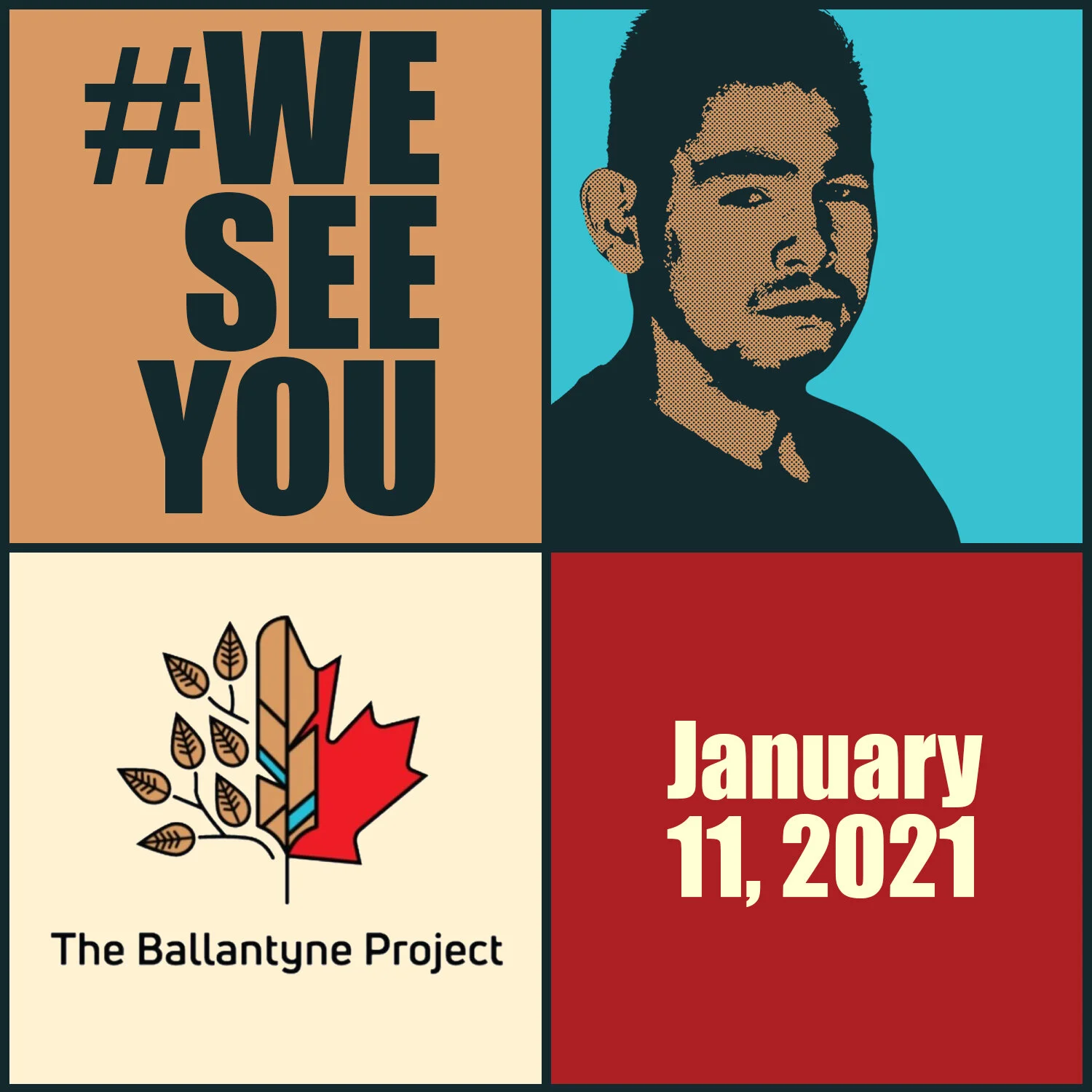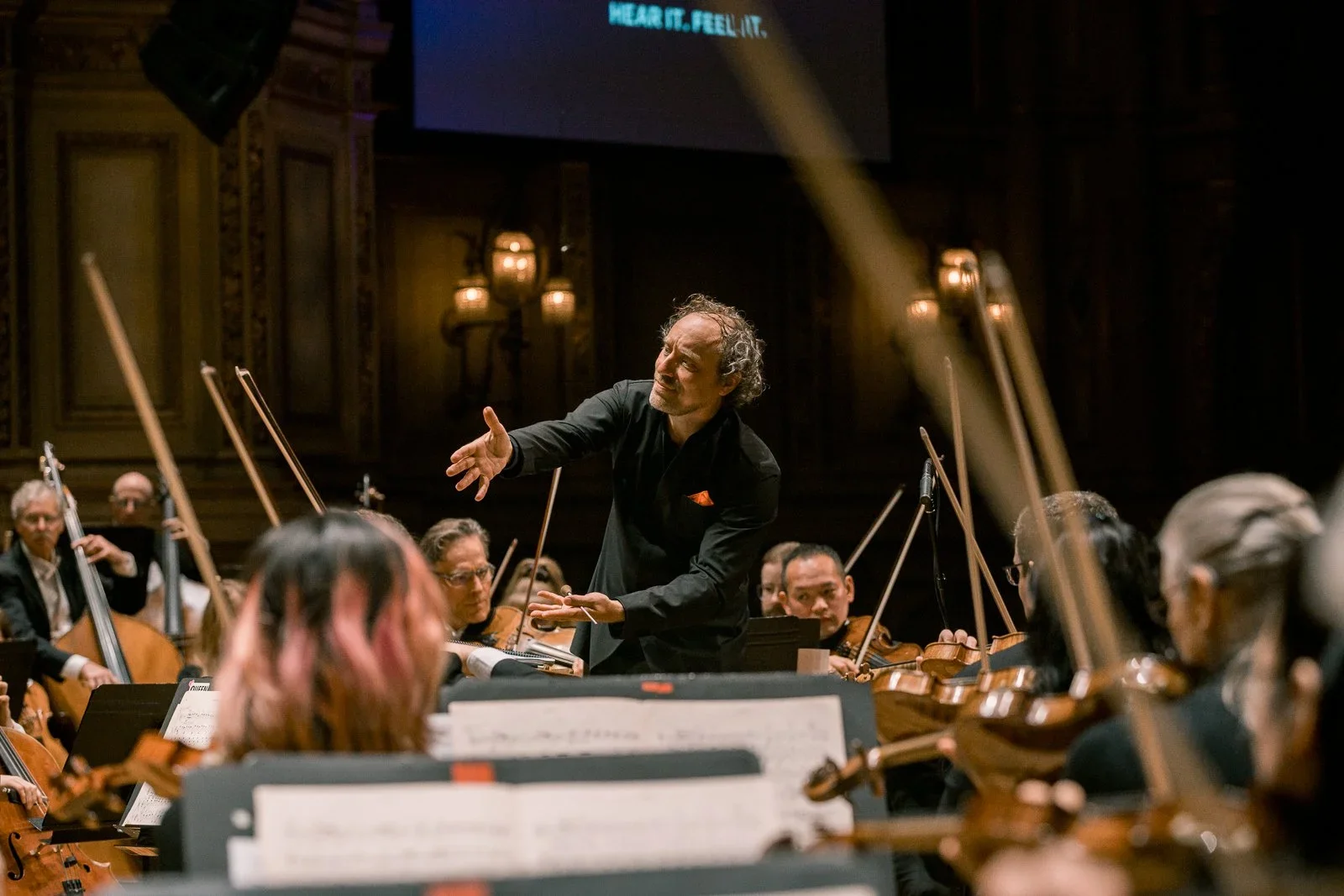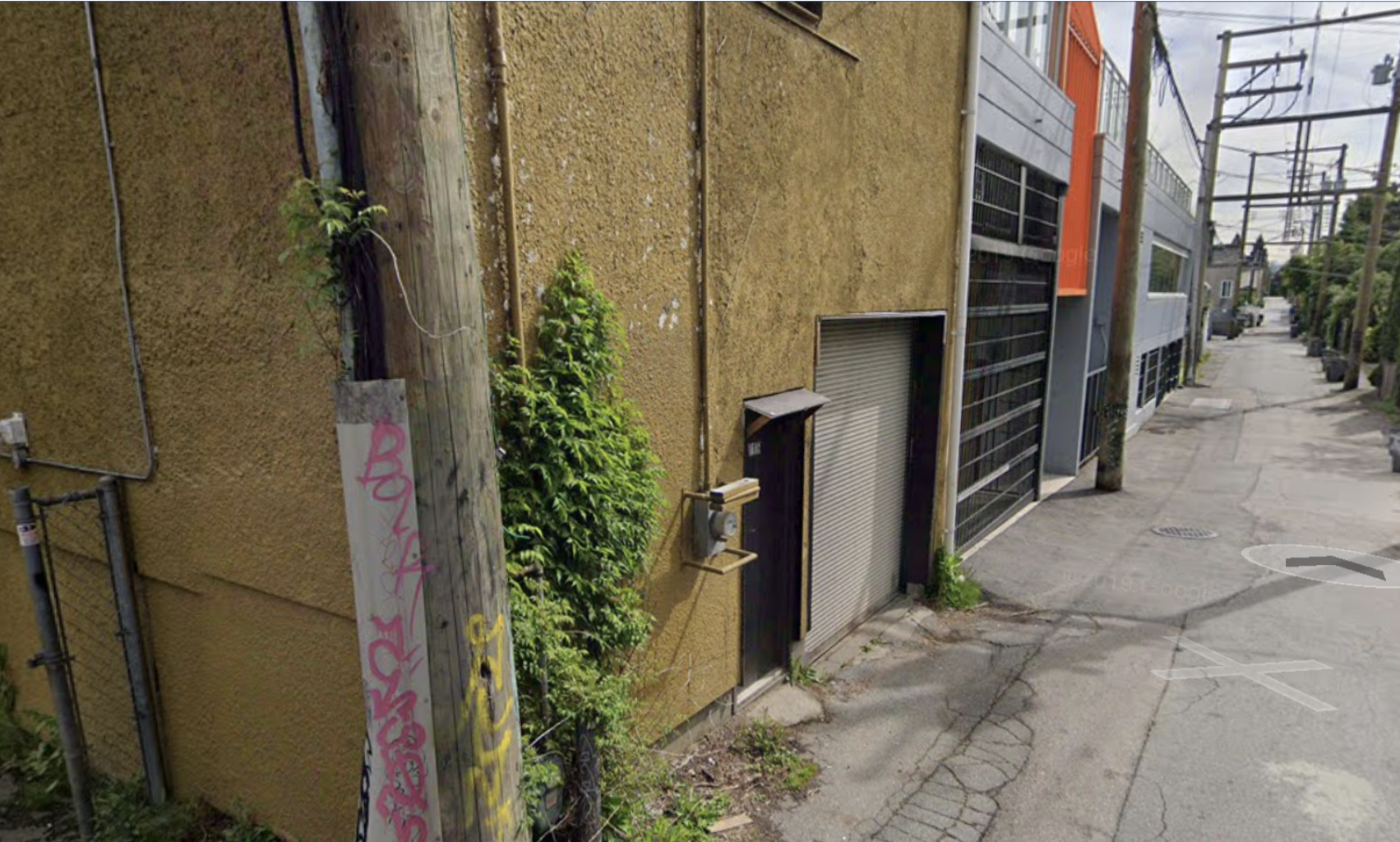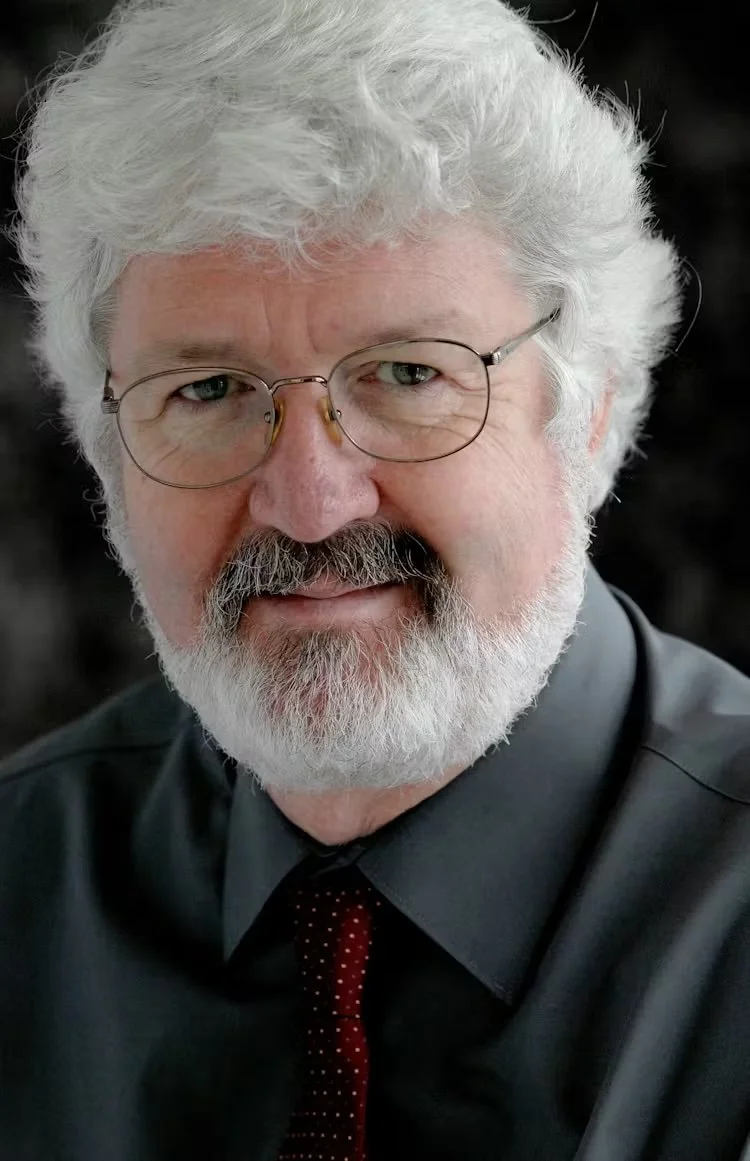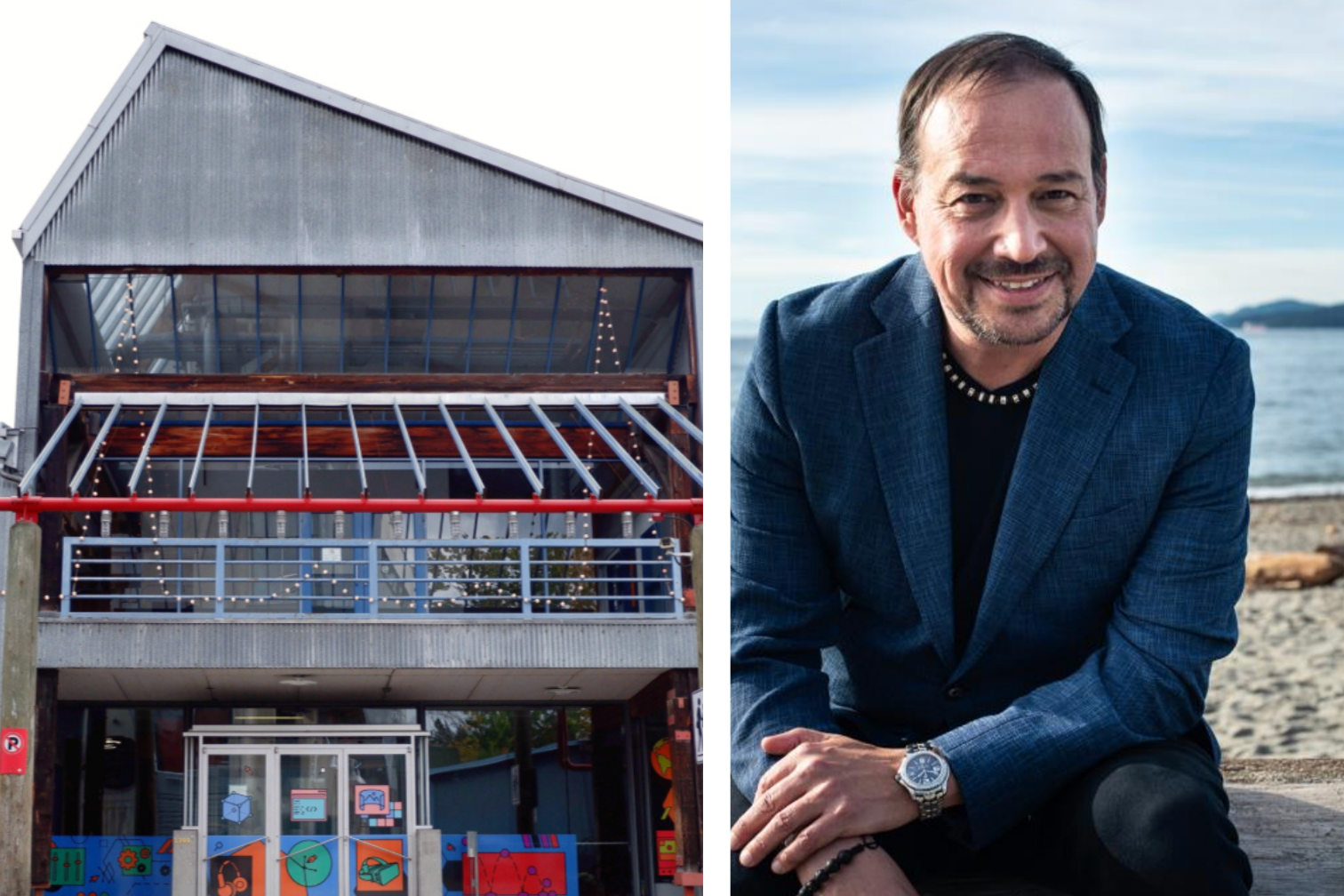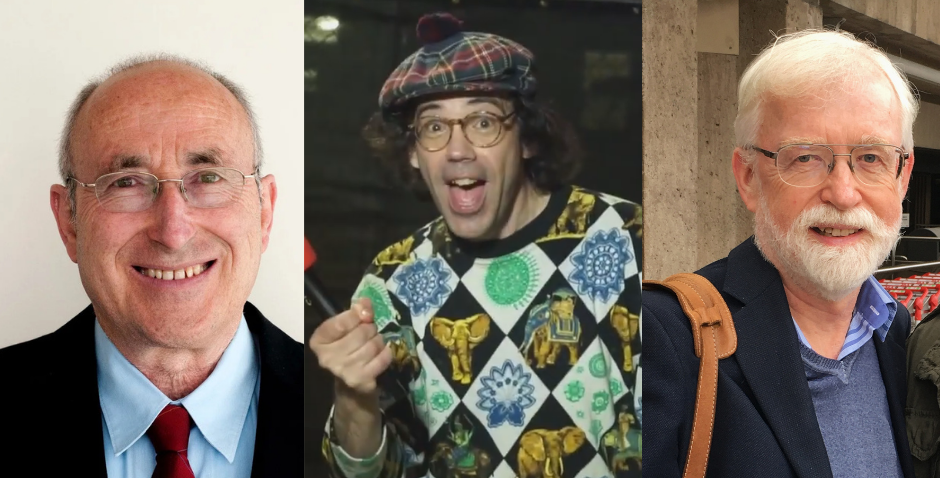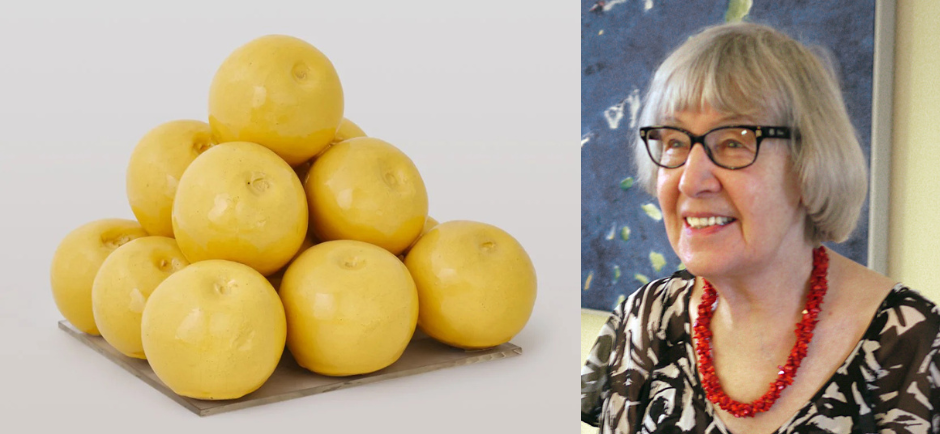#WeSeeYou Day sheds light on life in remote Indigenous communities
The inaugural January 11 event brings together artists, activists, and leaders to show Indigenous youth across Canada they’re not invisible
Growing up on a reserve more than two hours north of Saskatoon, Dwight Ballantyne felt invisible to the rest of the world. Now based in B.C., he doesn’t want other Indigenous youth to feel that way. The Ballantyne Project’s newly introduced #WeSeeYou Day is part of his efforts.
#WeSeeYou Day is on January 11, with a webinar at 5 pm Pacific time.
DWIGHT BALLANTYNE HAS lived in Canada his whole life, but has had feet in two worlds that could not be further apart. He spent his first 21 years in a remote First Nation in Saskatchewan, then headed west for city life and a once-in-a-lifetime opportunity. With B.C. now his home base, he has found that few people understand the kinds of challenges and barriers youth face on remote reserves. He’s changing that with the Ballantyne Project, raising awareness of what life is like in such removed places and showing youth and young adults that they’re not—as he once felt—invisible.
Montreal Lake Cree Nation, where Ballantyne grew up, is about two and a half hours north of Saskatoon and home to approximately 1,200 people. The only buildings there are the Band office, a K-12 school, health centre, gas-station convenience store, and arena. There are no banks, malls, or any other businesses. Finding work is nearly impossible, and there’s no transportation to the nearest town over an hour away. Ballantyne considers himself fortunate to have gotten a job at the store, but he recognized that his life choices were extremely limited.
“Growing up in Montreal Lake Cree Nation I always felt like I was looking through a one-way glass,” Ballantyne says. “I could see everything the rest of the world was doing but no one could see me… To the rest of the world who lived beyond the borders of my remote community, I did not exist.”
In 2020, he founded the Ballantyne Project, travelling across the nation to share his story with Indigenous youth and to educate urban residents about the reality of life in remote communities.
January 11, 2021 marks the Ballantyne Project’s inaugural #WeSeeYou campaign.
Presented in partnership with the Artbound Foundation in support of True North Aid, the event aims to raise awareness of life in remote Indigenous communities and to show youth and young adults facing limited employment, isolation, social inequity, and other challenges that they’re no longer invisible members of society,
Ballantyne left Saskatchewan for B.C. in early 2016 to take part in a one-year college preparation program designed specifically for Indigenous youth from remote communities. Although he was anxious about leaving everything he knew behind, he felt it was his only way out. He focused on school and playing hockey, going on to play in tournaments in the Yukon and outside of Canada.
In 2018, he came up with the idea for a hockey skills and leadership program specifically for young men from remote Indigenous communities across Canada. Players spent five months training in B.C., and Ballantyne earned a Premier’s Award for Indigenous Youth Excellence in Sports for the program.
Then came an even more momentous occasion: in the spring of 2019, Ballantyne was asked to represent Team Canada at an international hockey tournament in Europe. Canada won gold for the first time in two decades.
“On the flight back to Canada, I was reflecting how much my life had changed in only four years,” he says. “I knew I needed to do something so that other youth and young adults living in remote Indigenous communities could also have choices about what they wanted their lives to look like.”
So the Ballantyne Project was born.
“Since moving to B.C. in 2016, I now see how my life was completely different than someone growing up in an urban setting and how many more choices they had,” Ballantyne says. “The other thing that is shocking to me is that there are a lot of people that I have met since moving to B.C. that don’t even know what a reserve is. Or if they do know what a reserve is, the only ones they know about are urban reserves. Lots of people I have talked to don’t even know that remote reserves exist.”
The lack of opportunities and resources in remote reserves ties into the widespread misconception that First Nation youth get free college or university education.
“It is true that we can apply for band funding to go to college or university, but the majority of schools in remote First Nations only go to Grade 9,” Ballantyne says. “If you are lucky enough to have up to Grade 12 in your school, you can’t get the courses that you need to fill out a college application. They are only able to offer basic English, basic math, and very little else and there is often no Internet to access courses online.”
The January 11, 2021 #WeSeeYou campaign features a virtual event at 5 pm Pacific time (8 pm Eastern). Joining Ballantyne are Indigenous leaders and others from across the country.
Miranda Krogstad is a spoken-word poet based in Calgary who runs YYSpeak, a communal and supportive space for local spoken word artists. Dr. Matthew Chow, a specialist in child and youth mental health, is the president of Doctors of B.C. who has made outreach visits and provided virtual care to rural and remote communities for much of his career. Ojibway Anishinabe aspiring filmmaker Sherry Mckay, who’s from Treaty 1 Territory and is a band member of Sakgeeng First Nation, is an influencer and mother of four. David Laing is a Nelson-based police officer who worked in the Downtown Eastside for over a decade.
Indigenous Medicine Woman Asha Frost founded Sacred Membership, a global online medicine circle community.
Partnering with the Ballantyne Project for #WeSeeYou is the Artbound Foundation. The charitable organization that supports communities in need of basic necessities, fights the cycle of poverty, and empowers youth with creativity at the core of its initiatives.
Proceeds from tickets sold to #WeSeeYou Day will be donated to True North Aid, a Canadian charity that serves Northern communities in Canada with practical humanitarian support and that has been instrumental in the Ballantyne Project’s work.
January 11 is birthday of Sir John A. Macdonald, Canada’s first prime minister. While highly rated in Canadian history, he introduced a policy of starvation for Indigenous people, launched Indian Residential Schools (where children were assaulted, abused, and tortured), considered Indigenous people “savages”, criminalized powwows, and brought in other programs aimed at assimilation, leading to devastating effects and intergenerational trauma.
“Since I started doing research on Canadian history as part of the Ballantyne Project, I realized that the history that I had been taught was not a real reflection of what actually happened,” Ballantyne says. “It also made me understand so much more about why my life was the way it was growing up in a remote reserve. All this made me create a presentation for students and anyone else who wants to learn more about Indigenous history in Canada and what it was like to grow up in my community to try to bridge the gap between remote First Nations and the rest of Canada.”
In addition to the virtual event, Canadians can get involved in #WeSeeYou through “creativity boxes” that will be sent directly to First Nations youth in remote Indigenous communities. People can purchase up to five kilograms of arts and craft supplies or games to pack into each box (such as colouring books, paints, felt markers puzzle books, small board games, card games). For full details and to participate, see here.
More information about #WeSeeYou and the Ballantyne Project is here.



